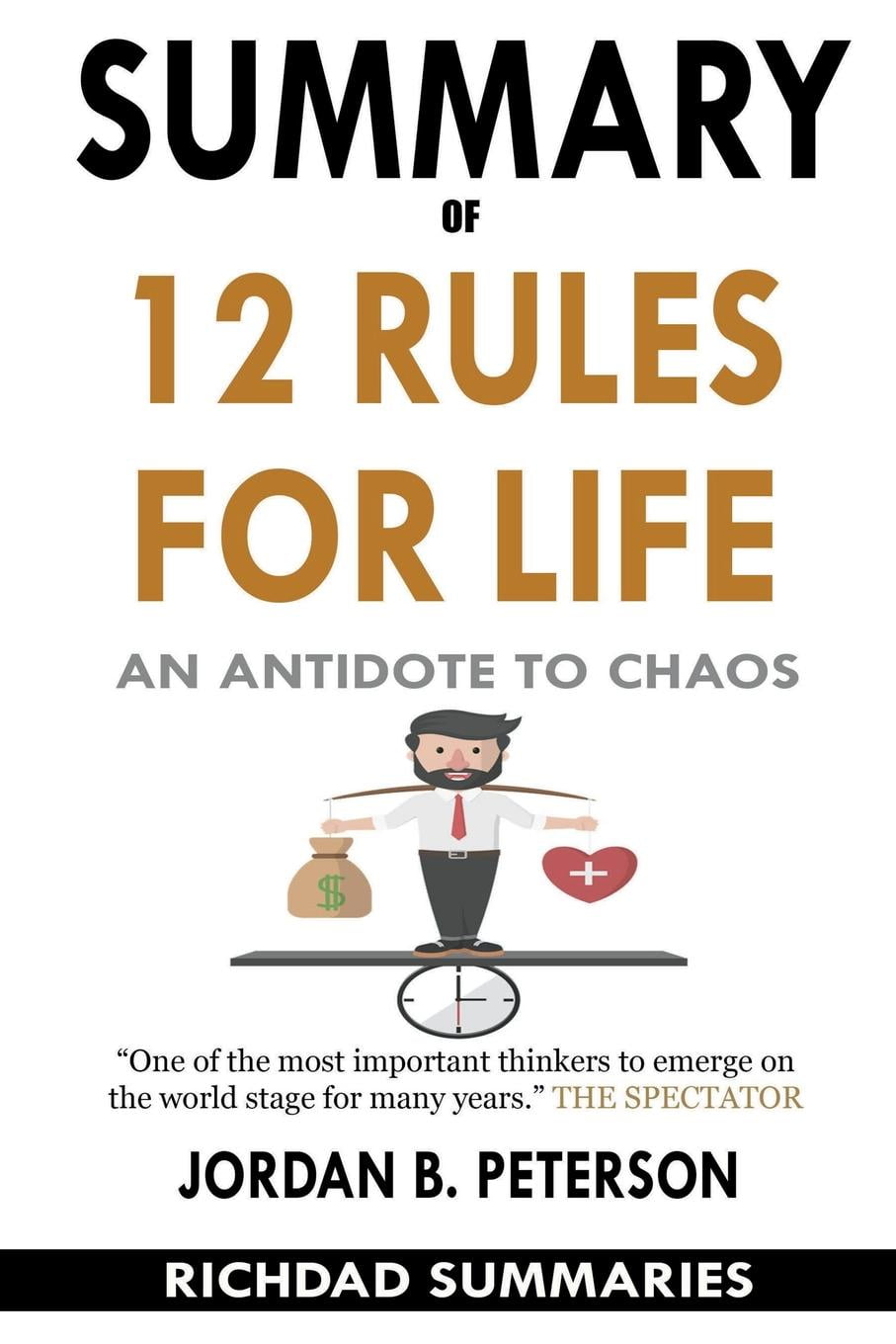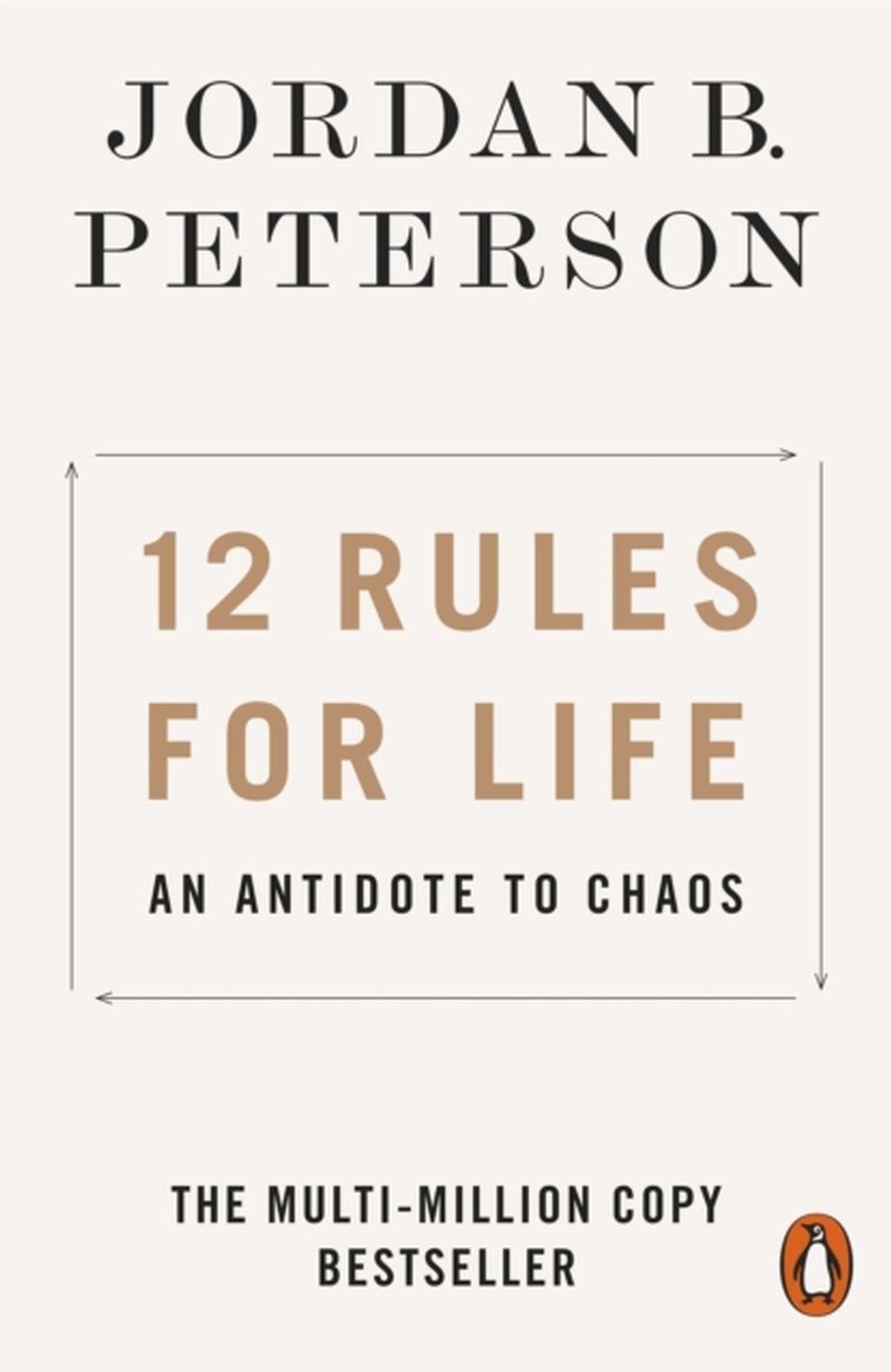
If I’d been more mindful of my ORSC training on that call, we might have resolved things in a matter of minutes, instead of the issue taking up a week of our time and generating far too many emails! Could you resort less to blame in the workplace?

It is that momentary pause, and taking a conscious position of curiosity, that can take everyone in a different, much more productive direction. What if I had cultivated curiosity about the real causes?Īnd from that place adjusted my thinking, to ask myself: How might I have contributed to this problem? What could I learn from this situation? How might we, together, solve this issue? What if I had paused on that heated conference call, stepped out of my own agenda, and for a moment really listened to what my colleague was saying? One really useful ORSC tool is curiosity. Organisation and Relationship Systems Coaching teaches us some great antidotes to the blame game. Ultimately blame blocks learning and growth.
#An antidote to plus
Plus blaming some thing – be it dodgy technology or a bad product – at least isn’t as personal as blaming some one for our problems.īut, whatever the circumstances, resorting to blame in the workplace never ends well for anyone. It doesn’t necessarily mean we are bad people either. It’s just one unconscious way that we try to avoid taking responsibility for tackling difficult challenges. When we’re stressed out and anxious, when we just need an issue resolved quickly, it’s much more likely we’ll fall into finger-pointing tactics. The blame game is so common in workplace environments. The problem only grew in size and impact. Just as inevitably, the conversation got heated and we both ended up feeling more frustrated and stressed. Inevitably, my colleague took my upset personally – and soon became defensive. Expressing those feelings to the person nominally responsible for the IT, I put the blame squarely on ‘her’ inadequate technology. I felt frustrated and stressed by a technical issue that was stopping me from delivering work to meet a deadline. Last week, on a conference call with a colleague, I did this very thing.
#An antidote to how to
“Four Thousand Weeks: Time and How to Use It” by Oliver Burkeman was published in August by The Bodley Head.When it gets in the way of work, who hasn’t blamed technology?

Its enthusiasm for embracing limits is bracing in a world that feeds busyness by promising ever more choices for how to spend our money and, more importantly, our time. Instead “Four Thousand Weeks” offers a framework to think without panic or resistance about a short, uncertain lifespan. Nor is he advocating turning one’s back on aspirations, foresight, or social activism. For example, Burkeman points out that achieving total autonomy over one’s time often means bypassing the social connections and commitments that make life more worthwhile. But even here, he makes the distinction between pop star Rod Stewart’s passion for model trains, a pastime so at odds with the singer’s image that Burkeman feels he pursues it out of genuine love, and Richard Branson’s kitesurfing, which also burnishes the entrepreneur’s public image as a daredevil. He’s also a supporter of hobbies since they serve no other future goal. Burkeman makes a case for patience of the sort required to look at a single piece of art for three hours, or to take inconveniences and delays in one’s stride. “Four Thousand Weeks” offers no glib solutions. Meanwhile striving to make the best use of one’s time by packing in enriching experiences can obscure the experience itself. To-do lists can become overwhelming and never-ending.

Unforeseen occurrences like a leaking roof or an emailed request from the boss can derail the best-planned days.

For Burkeman, all these tactics risk being counterproductive. And there will be those who try to pack life with experiences to ensure they have lived well. Others might resort to distractions to avoid applying themselves, since they are subconsciously fearful of discovering they lack sufficient talent. Those who seek to impose control on a chaotic, uncertain world might plan in advance how to use every waking minute, tick off a list of chores, or think up ways to future-proof their lives.


 0 kommentar(er)
0 kommentar(er)
